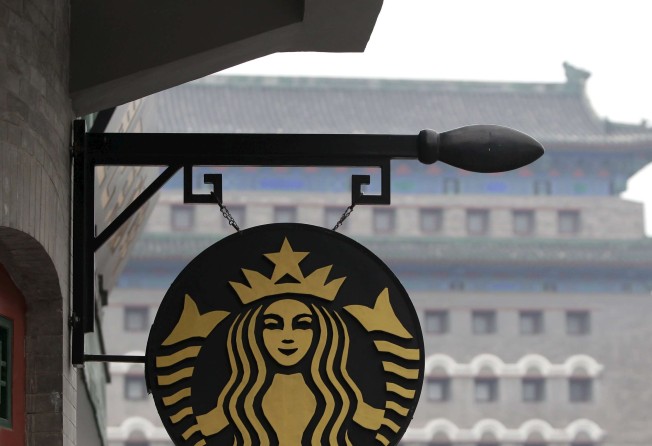Starbucks promotes Wong to CEO to lead company’s plan to double China outlets in 5 years
The Seattle-based cafe chain aims to operate 5,000 stores in China by 2021

Starbucks Corp plans to more than double the number of its coffee outlets in China to 5,000 over the next five years, promoting Belinda Wong to the role of chief executive to lead the expansion plan in the world’s most populous market.
Wong, currently the president of Starbucks China, “has been instrumental in Starbucks’ unprecedented growth in China – from 400 stores in 2011 to over 2,300 stores today ,”the Seattle-based cafe giant said in a statement.
The chief executive will be in charge of digital and e-commerce opportunities across China, as well as being responsible for the 2017 opening of the first international Starbucks Reserve Roastery in Shanghai.
The Roastery is a high-end Starbucks outlet designed to cater to more discerning coffee enthusiasts, following the 2014 opening of its Seattle flagship store.
Untouched by China’s economic downturn, Starbucks continues to be viewed by millions of young urbanites in China as a status symbol of middle-class lifestyle. The company enjoys robust growth in China, even while other staples of American fast-food and restaurant chains including Yum! Brands Inc.’s KFC and PizzaHut outlets report lacklustre business.
Starbucks’ second-quarter sales rose 18 per cent in China, a faster pace than the company’s worldwide revenue increase of 9 per cent over the same period.
Coffee consumption in the world’s second biggest economy still stays below that of most Western countries such as the US and Australia, and global market research Euromonitor predicted fresh coffee to be a best performer with a compound annual growth rate of 17 per cent in its retail volume, thanks to Chinese consumers’ increasing need for premium products.